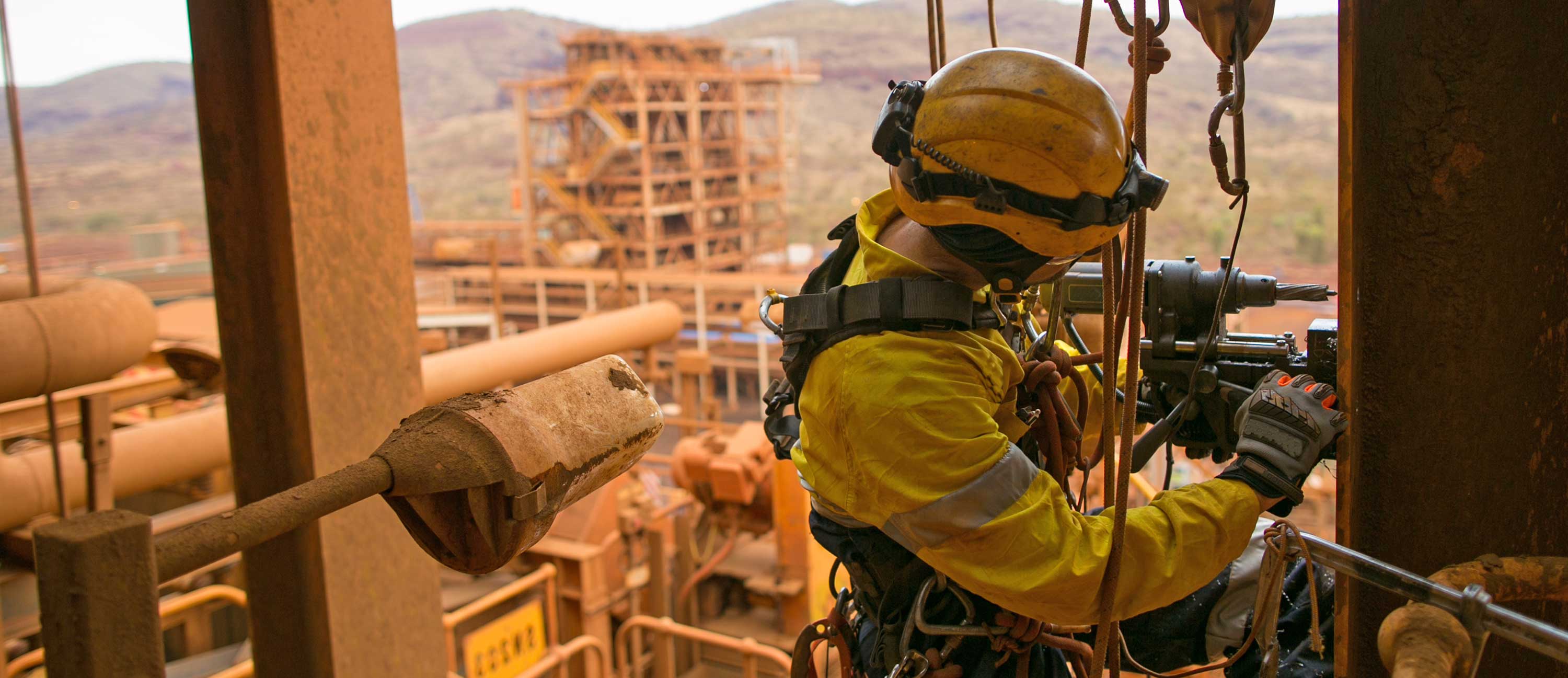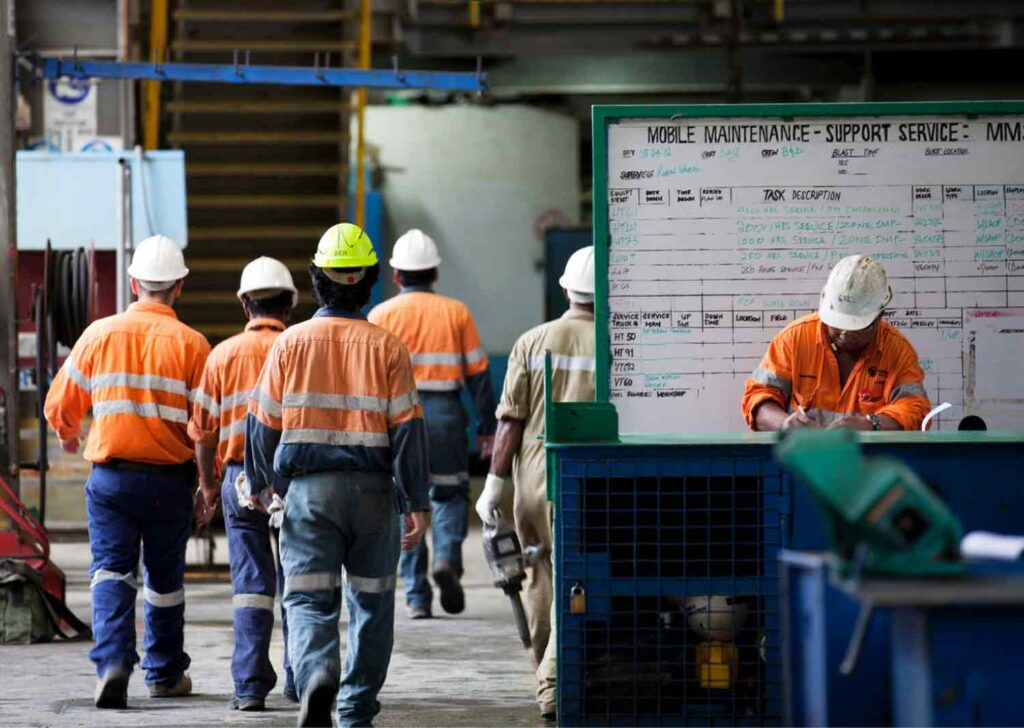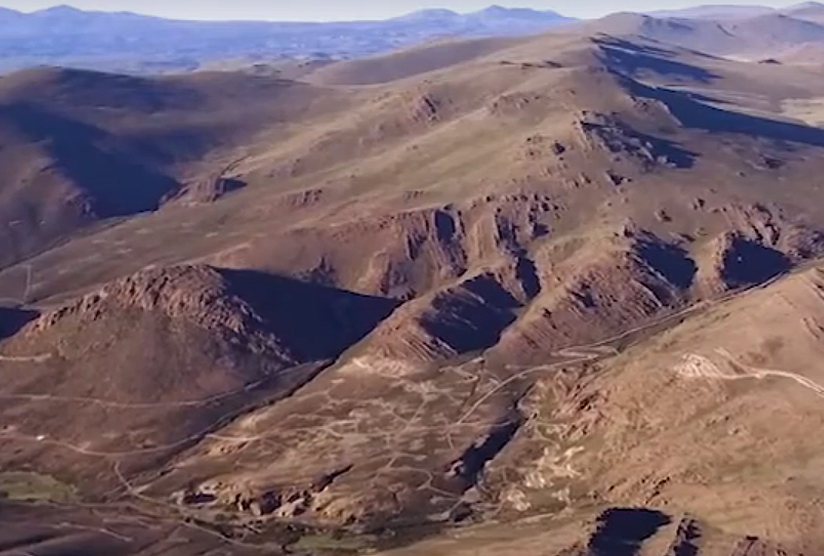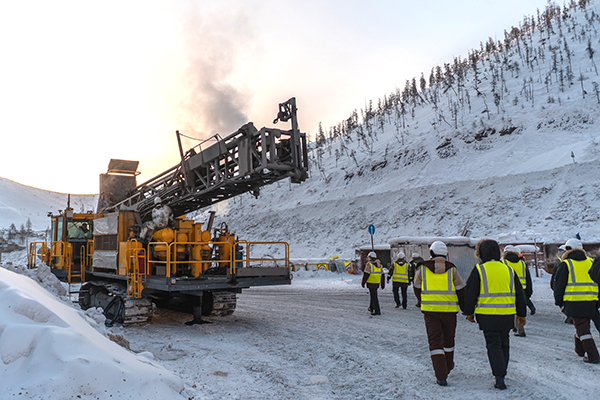In 2019, Newcrest’s Lihir mine had an average time-to-fill of 190 days, and more than 500 vacant roles. Talent acquisition had become an administrative burden for the site HR team. But three ...
You’ve passed feasibility. The project is bankable. Everything is lining up perfectly. Except how to get the right team in place for commissioning and beyond.
It’s a huge challenge faced by junior miners — and one that can make or break a new project.
Internal HR teams often struggle to recruit and retain the large pool of talent needed to get major projects successfully delivered on time and within budget.
We spoke to Justin Lejeune, Globe 24-7’s Client Relationship Manager, Asia Pacific, on the recruitment issues junior miners face — and how they can get the right team on board to take a new project through to commissioning.
The conundrum of early mine development
Junior miners face a unique set of challenges when building a skilled workforce after the definitive feasibility stage (DFS) and the early operating stages of a mine.
The mine is often located on another continent, in a remote or geopolitically challenging area. The culture and language may be different, and each country has its own hiring and visa regulations.
The biggest hurdle? Time.
“As projects move from feasibility to operation, the demand for a large and skilled workforce surges,” says Justin.
“You need to rapidly onboard and hire people using existing resources in an area you don’t specialise in.”
This challenge compounds when companies expand into unfamiliar territories.
“Our clients tell us that the lack of local knowledge and networks is tough to overcome — not knowing anything about the market, the culture, the visas, or the talent pool,” explains Justin, who works with junior miners throughout the Asia Pacific region.
“It’s a significant barrier for efficient and effective recruitment.”
In countries like Australia, miners face stringent regulations, high minimum wage standards, and a competitive recruitment landscape. That means there’s additional financial and logistical pressures on junior operators.
“Miners need to scale up their workforce rapidly for specific projects and then scale down once the project concludes or reaches a different phase,” he says.
This fluctuation in staffing is a logistical nightmare for traditional HR models, usually structured around consistent staffing levels.
“That’s why it’s important to look at different approaches to recruitment at this stage in a project’s lifecycle,” shares Justin.
Hurdling project recruitment barriers
“During DFS, it’s a huge burden on internal resources to try and keep up with business-as-usual activities while recruiting for the new project.”
The juniors with the most successful ramp-ups have chosen to use recruitment process outsourcing (RPO). It’s where a recruitment agency builds a dedicated team that becomes an extension of your company’s HR function.
“RPOs are an economical and efficient alternative to traditional recruitment methods, such as trying to use an in-house team or single search processes,” Justin explains.
An RPO team works solely on recruitment and onboarding talent for the new project. And it can be scaled up or dialed back once the recruitment need is met.
How others miners are doing it
When RoxGold—now part of Canadian-based Fortuna Silver Mines — was ramping up Yaramoko gold mine, their HR team needed to build a project team of expats, highly skilled operations staff, and local support.
That meant finding candidates with deep experience in underground mining, gold processing, and working in Africa in challenging conditions.
We worked with RoxGold to recruit more than 40 expats for the project and start-up phases of the mine through a project-based recruitment program.
The team delivered first pour ahead of schedule and within budget—and has set the standard for the company’s future projects. You can read the full story on Yaramoko’s start-up recruitment here.
Similarly, TSX-listed miner Global Atomic, faced the same start-up challenges in 2021, when they needed executives for a new operation in the Republic of Niger.
We initially worked with Global Atomic’s head office in Toronto, Canada—to support both head office and on-site teams with executive search. From that, we built strong, local knowledge of each region through our combined partnership.
We supported the CEO and CFO with a retained search for senior operational roles. That included implementation, finance, contracts, and warehousing.
Many of the roles were filled with Canadian expats, who are fly-in-fly-out (FIFO) to Niger in Africa.
As the project nears commissioning, the focus is now on having the right people on the ground.
With the right executive team now in place, the company can be confident that the Dasa operations are positioned for growth and development. You can read more about Global Atomic’s story here.
RPOs: Reducing time pressures for junior miners
Junior miners are up against significant time, financial, and market pressures to get new operations running.
RPOs provide an agile, economical approach to greenfield or brownfield project recruitment.
They’re tailored, scalable, and allow your team to stay focused on the long-term direction of your company.




